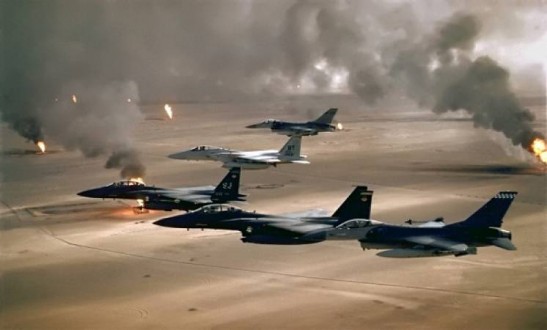UN: War in Yemen Eminently Resolvable
YemenExtra
SH.A.
The United Nations (UN) announced that the years-long war in Yemen can be stopped and is “eminently resolvable” as the warring sides are committed to a UN-brokered peace agreement reached in Sweden late last year.
In December 2018, representatives of the Houthi Ansarullah movement and those of Yemen’s Saudi-backed former government signed a peace deal in the Swedish capital of Stockholm. Under the deal, both sides agreed to withdraw their troops from the ports of Hodeidah, Salif, and Ras Issa, and the city of Hodeidah, and to allow the deployment of UN monitors, Yemeni News reported.
The UN, for its part, also pledged to help in the management of the three key ports, which will be operating under the control of Yemen’s Red Sea Port Corporation and local coast guards. The world body also will assist in the inspection of ships.
“I believe that this war in Yemen is eminently resolvable,” UN Special Envoy for Yemen Martin Griffiths on Tuesday, adding, “Both parties continue to insist that they want a political solution and the military solution is not available, they remain committed to the Stockholm agreement in all its different aspects.”
The UN envoy’s comments came as the Houthi movement, which plays a significant role in assisting the Yemeni army against a Saudi-led military collation, has unilaterally withdrawn its fighters from the ports, but the forces of the former regime, backed by the invading coalition, have refused to do the same.
More than 70 percent of Yemen’s imports used to pass through the docks of Hodeidah, a lifeline for the war-ravaged country’s crippled economy. Salif was used for unloading all main types of grain, and Ras Issa, a vital oil terminal, was used for exporting Ma’rib’s light crude oil.
The three ports held by Houthis have been under tight siege by the former regime forces for months, pushing tens of thousands of people in Yemen to the verge of starvation and crippling the country’s economy.
The Stockholm deal was sealed to prevent the humanitarian situation from further deteriorating and to avert a larger assault by the Saudi-led coalition on the ports.
An unnamed senior Emirati official told reporters in early July that the United Arab Emirates (UAE) — Saudi Arabia’s main ally in the coalition — was planning a troop drawdown in Yemen in what was claimed to be a shift from a military strategy to a “peace” plan instead. However, earlier on Tuesday, Emirati Minister of State for Foreign Affairs Anwar Mohammed Gargash claimed the UAE was “not leaving Yemen”.
Saudi Arabia and a number of its regional allies launched a devastating campaign against Yemen in March 2015, to bring the government of former Yemeni President Abd Rabbuh Mansur Hadi back to power and crush the Ansarullah movement.
Despite Riyadh’s claims that it is bombing the positions of the Ansarullah fighters, Saudi bombers are flattening residential areas and civilian infrastructures. Weddings, funerals, schools, and hospitals, as well as water and electricity plants, have been targeted, killing and wounding hundreds of thousands.
According to a December 2018 report by the Armed Conflict Location and Event Data Project (ACLED), a nonprofit conflict-research organization, the Saudi-led war has claimed the lives of over 60,000 Yemenis since January 2016.
Save the Children, a charity has reported that more than 84,700 children under the age of five may have starved to death in Yemen since the Saudi regime and a coalition of its allies launched the brutal war on the already-impoverished nation.
France, the United States, the United Kingdom, and some other Western countries have faced criticisms over arms sales to the Saudi Arabia and the UAE, whose aggression against Yemen has affected 28 million people and caused what the United Nations calls “one of the worst humanitarian crises in the world”. According to the world body, Yemen is suffering from the most severe famine in more than 100 years.
A UN panel has compiled a detailed report of civilian casualties caused by the Saudi military and its allies during their war against Yemen, saying the Riyadh-led coalition has used precision-guided munitions in its raids on civilian targets.
Source: FNA

